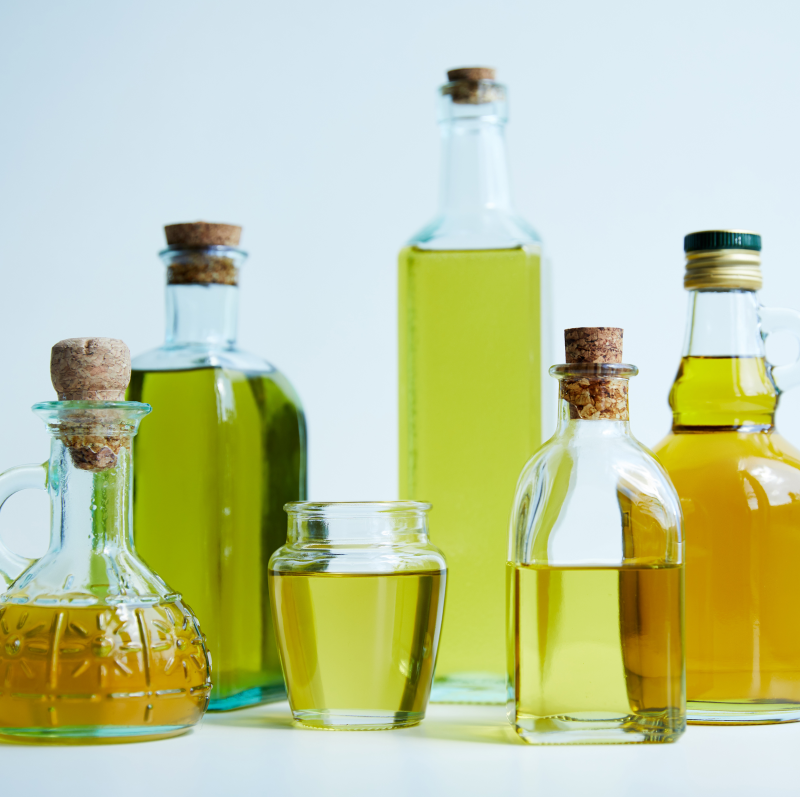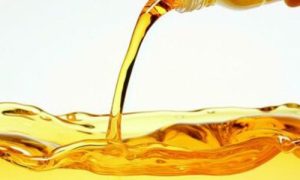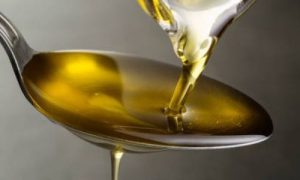Surge in edible oil imports cripple local units, tariff hike sought

Between November, 2022 and May 2023, import of edible oils rose by 18% in volume terms.
A sharp fall in the global prices of soyabean, palm and sunflower oils and lower Customs duties of edible oil have led to 18% increase in imports, prompting the domestic manufacturers to seek a policy correction.
Between November, 2022 and May 2023, import of edible oils rose by 18% in volume terms.
This has pulled down the mandi prices of mustard and soybean below the minimum support price (MSP) for the first time in the last two years, which could discourage farmers to take up oilseeds in the coming seasons, according to industry sources. A government official conversant with the trend noted the government’s plan to reduce the country’s import dependence on edible oils from the current level of 56% to 36% in the next three years is in serious jeopardy.
“While the MSP of groundnut and soyabean for the next kharif season has been hiked by 9% and 7% this year, depressed domestic prices of oilseeds could discourage farmers,” the official added.
The situation has also brought to the fore an apparent conflict between the government’s intent to cool food inflation and boost domestic production through import substitution.
The government is aiming to initiate several measures including bringing in non-traditional areas under oilseeds production, reviving cultivation of sunflower oil and increasing seed replacement ratio and introduction of new high yielding varieties for increasing in yield.
The edible oil import during November, 2022 – May, 2023 rose by 18% to 9.1 million tonne (MT) compared to same period in the previous year. The crude palm oil import saw the sharpest spike to 5.3 MT, 43% on year. In the current month also crude palm oil import rose by 49% to 0.64 MT compared to previous month.
The landed prices of palm oil (at Mumbai port), which has close to 60% share in the country’s import basket, declined by 41% to $920/tonne on June 16 this year, against the $1,557/tonne that prevailed a year ago.
Landed prices of crude soyabean and sunflower oil have declined by 35% and 50% to $ 1096/tonne and $ 960/tone, respectively.
At present, crude palm, soybean and sunflower oil imports attract only a 5% agri infra cess and a 10% education cess, meaning a total tax incidence of 5.5%.
India imports about 56% of its annual edible oil consumption of 24-25 MT. About 8 MT of palm oil is imported from Indonesia and Malaysia annually.
The share of domestic edible oil includes mustard (40%), soyabean (24%) and groundnut (7%) and others.
With prices of domestic oilseeds such as sunflower and mustard falling below the MSP, the Solvent Extractors’ Association of India (SEA) stated that the government must defend the MSP by stepping up procurement. “This may impact into lower acreage under soyabean in kharif and mustard in rabi and over all production of oilseeds,” Ajay Jhunjhunwala, President, SEA said.
Mandi prices of mustard seeds continue to rule below the MSP of Rs 5,450/quintal announced for the season, despite the government’s decision to procure oilseeds from farmers at MSP after two years.
Farmers cooperative NAFED has purchased only 0.84 MT of mustard seeds under MSP operations since April.
Prices of mustard at Bharatpur mandi in Rajasthan, the hub of the oilseeds trade, is currently ruling at around Rs 5,100/quintal. The prices are the lowest in two years.
Inflation in the oil & fats category declined by 16.01% in May 2023 Farmers’ organisations and edible oil processors have been urging the government to hike import duties to bring parity with domestic edible oil prices.
















